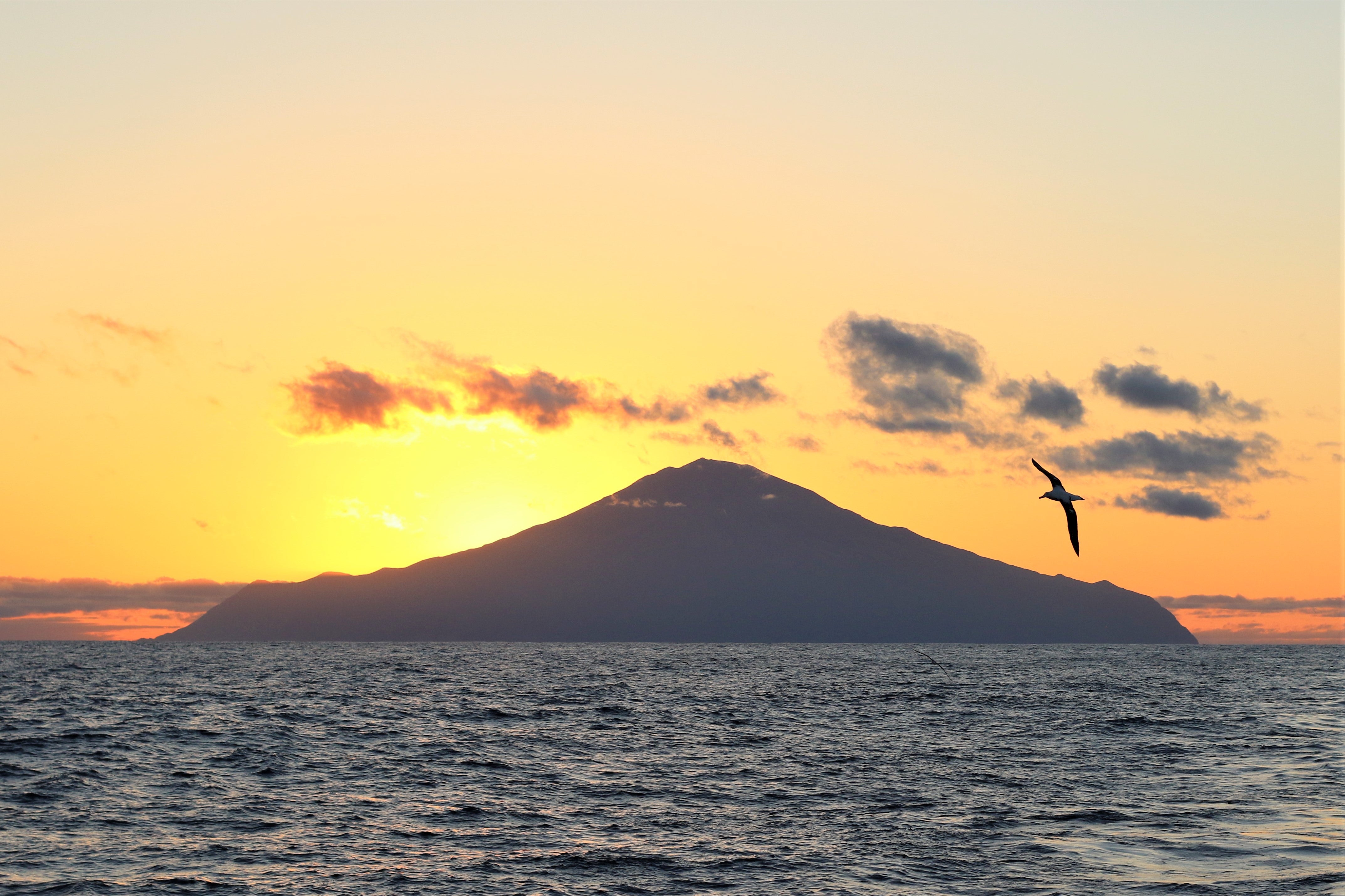UK overseas territory to create one of the ‘world’s largest wildlife sanctuaries’
Tristan da Cunha, a small chain of islands in the south Atlantic, is to create the planet’s fourth-largest marine reserve

A chain of volcanic islands in the south Atlantic will set aside a stretch of ocean almost three times the size of the UK to protect nature – creating the world’s fourth-largest marine reserve.
The government of Tristan da Cunha, often described as the most remote inhabited islands in the world, has announced that it will extend its existing environmental protections to safeguard a huge diversity of wildlife including penguins, whales, sharks and seals.
The UK overseas territory, which is equidistant from South Africa and Brazil, is joining the government’s “Blue Belt” programme. It is an initiative that aims to create 4 million sq km of marine nature reserve across overseas territories.
The one in Tristan da Cunha will cover almost 700,000 sq km of ocean, making it the largest reserve in the Atlantic.
In a statement, James Glass, Tristan da Cunha chief islander, said: “Our life on Tristan da Cunha has always been based around our relationship with the sea, and that continues today.
“The Tristan community is deeply committed to conservation: on land, we’ve already declared protected status for more than half our territory. But the sea is our vital resource, for our economy and ultimately for our long-term survival.”
The reserve will be a “no-take zone”, meaning it will allow no fishing or other activities that remove wildlife from its natural habitat.
It will protect 25 seabird species that breed in this isolated archipelago, four of which are unique to the islands as well as being globally threatened.
These include the Tristan albatross, Atlantic yellow-nosed albatross, Atlantic petrel and spectacled petrel, according to the RSPB.
“Tens of millions of seabirds soar above the waves, penguins and seals cram onto the beaches, threatened sharks breed offshore and mysterious whales feed in the deep-water canyons [of Tristan],” said Beccy Speight, the RSPB’s chief executive. “From today, we can say all of this is protected.”
The announcement goes some way to the global goal of protecting 30 per cent of the world’s oceans by 2030, which is backed by the UK government.
Lord Goldsmith, who is the international environment minister, said: “We are hoovering life out of the ocean at an appalling rate, so this new marine protected area is really a huge conservation win and a critically important step in protecting the world’s biodiversity and ecosystems.”
“It means our Blue Belt programme has over 4 million sq km of protected ocean around the UK overseas territories.”
Join our commenting forum
Join thought-provoking conversations, follow other Independent readers and see their replies
Comments
Bookmark popover
Removed from bookmarks